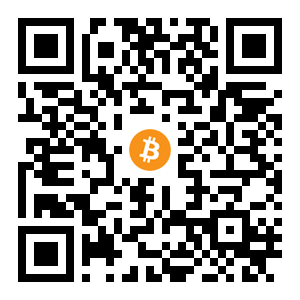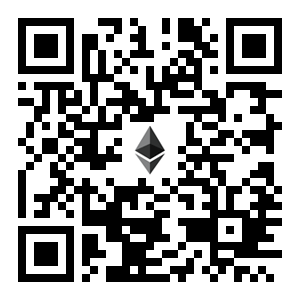BITQAP project was started as an in-house research project by Fariz Muradov. During research small piece of code extended functions and decided to complete this project by full base functions. Now project can be used as prototype. Now the project can be used as a prototype. Anyone who knows BASH and Python can download and use it for free.
open source blockchain
BITQAP
BITQAP is open source cryptocurrency prototype on top of BASH and Python programming language.BLOCKCHAIN
Download DocumentationCommunity

About us
Therefore project is not fully ready, we are happy to receive commercial inquiry. Our goal is to get investment and speed up the development process. The project is still under development. Once the basic features are supported, we will announce for the community to contribute. We are working on documentation to make it easy for developers.
Join us:
Our features
Peer-to-peer (P2P) computing or networking is a distributed application architecture that partitions tasks or workloads between peers. Peers are equally privileged, equipotent participants in the application. They are said to form a peer-to-peer network of nodes We use WebSocket. The WebSocket protocol enables interaction between a web browser (or other client application) and a web server with lower overhead than half-duplex alternatives such as HTTP polling, facilitating real-time data transfer from and to the server. This is made possible by providing a standardized way for the server to send content to the client without being first requested by the client, and allowing messages to be passed back and forth while keeping the connection open.
A blockchain is a growing list of records, called BLOCKS, that are linked together using cryptography. Each block contains a cryptographic hash of the previous BLOCK, a timestamp, and transaction data. Blockchains are typically managed by a peer-to-peer network for use as a publicly distributed ledger, where nodes collectively adhere to a protocol to communicate and validate new blocks. Therefore, blockchains are resistant to modification of their data because once recorded, the data in any given block cannot be altered retroactively without altering all subsequent blocks. BITQAP blocks consist of BLOCKS in TEXT format. A change to the ASN.1 BER encoding is planned for the future. Currently BITQAP blocks contain HEADER, TRANSACTIONS and SIGNATURE of the BLOCK miner. The miners will confirm the signature of the REWARD transactions and the signature of the block miner.
BITQAP protocol is decentralized network on top of WebSocket. We choose most famous HTTP upgraded protocol to be easy full duplex integration any modern devices. The WebSocket protocol enables interaction between a web browser (or other client application) and a web server with lower overhead than half-duplex alternatives such as HTTP polling, facilitating real-time data transfer from and to the server. This is made possible by providing a standardized way for the server to send content to the client without being first requested by the client, and allowing messages to be passed back and forth while keeping the connection open. Most browsers support the WebSocket protocol, including Google Chrome, Firefox, Microsoft Edge, Internet Explorer, Safari and Opera.
The BITQAP protocol supports the exchange of information with its neighbors. BITQAP information is transaction, BLOCKS and connection messages. The transaction message contains the TX ID, the PubKeyHASH(sha256) of the sender and receiver, the coin amount, the transaction fee, the sender's public key and the signature by the sender's private key in BASE64 format. The contents of the shared BLOCK are also encoded using BASE64. These terms can also be used for technologies other than cryptocurrencies, such as identity management, supply chains, reconciliation, etc.
Our future developement
Roadmap
2022 - Q1
- Mining Blocks.
- Coin sending.
- BITQAP p2p protocol.
- Message propagate.
- Node management scripts.
- Mobile Wallet development.
2022 - Q2
- Refactoring codes.
- Stabilize.
- Test all known scenarios.
- Fault Tolerance.
- Performance improvement.
2022 - Q3
- Commercialize.
- Customize.
- API extentions.
- Documenting.
Support us
DONATION


Download, Mine, send coins.
